Galileo, perhaps more than any other single person, was responsible for the birth of modern science
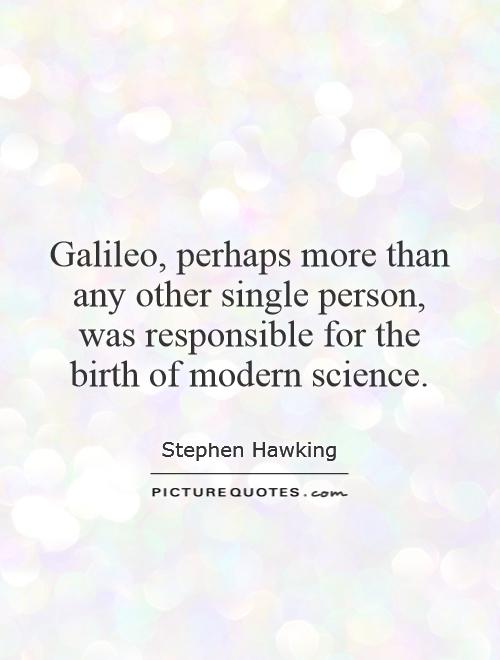
Galileo, perhaps more than any other single person, was responsible for the birth of modern science
Galileo Galilei, the renowned Italian astronomer, physicist, and mathematician, is often credited with being the father of modern science. His groundbreaking work in the field of astronomy, particularly his observations of the heavens through his telescope, revolutionized our understanding of the universe and laid the foundation for the scientific method. Galileo's discoveries challenged the prevailing beliefs of his time and paved the way for future scientific advancements.One of the key contributions of Galileo to modern science was his insistence on empirical evidence and observation as the basis for scientific inquiry. Prior to Galileo, much of scientific knowledge was based on ancient texts and philosophical speculation. Galileo's use of the telescope to observe the moons of Jupiter, the phases of Venus, and the mountains on the moon provided concrete evidence to support his theories and helped to establish the importance of observation in scientific research.
Galileo's work also had a profound impact on the development of physics. His experiments with falling bodies and the motion of objects laid the groundwork for Isaac Newton's laws of motion and the theory of gravity. Galileo's emphasis on experimentation and mathematical analysis as a means of understanding the natural world set the stage for the scientific revolution of the 17th century.
In the context of Stephen Hawking, the renowned theoretical physicist and cosmologist, Galileo's influence on the birth of modern science is undeniable. Like Galileo, Hawking was a pioneer in his field, pushing the boundaries of our understanding of the universe through his groundbreaking research on black holes, the nature of time, and the origins of the universe.
Hawking's work, particularly his theory of black hole radiation and his best-selling book "A Brief History of Time," has inspired a new generation of scientists and brought complex scientific concepts to a wider audience. In many ways, Hawking's popularization of science and his ability to communicate complex ideas in a clear and accessible way can be seen as a continuation of Galileo's legacy of making science more accessible to the general public.
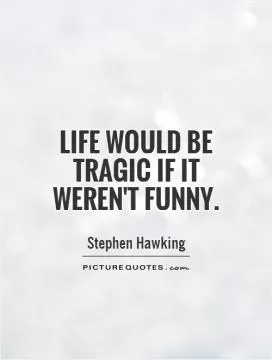

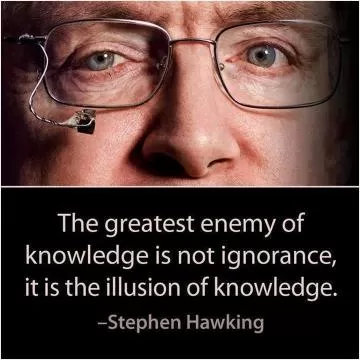
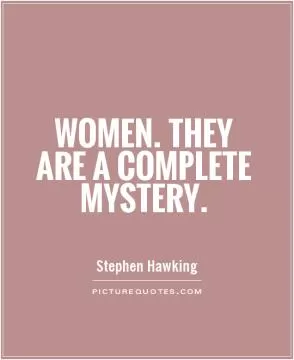
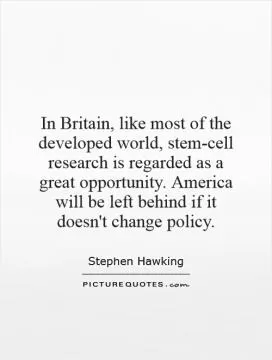
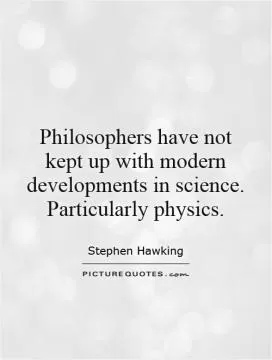
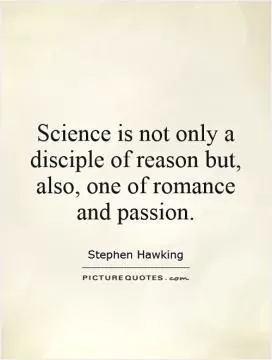
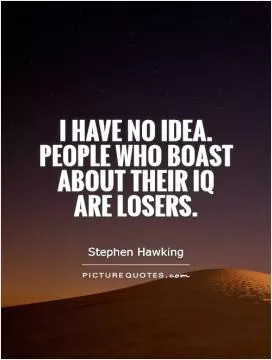


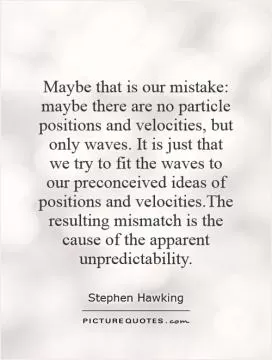
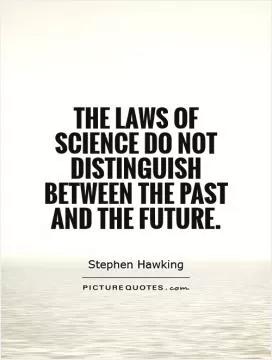
 Friendship Quotes
Friendship Quotes Love Quotes
Love Quotes Life Quotes
Life Quotes Funny Quotes
Funny Quotes Motivational Quotes
Motivational Quotes Inspirational Quotes
Inspirational Quotes